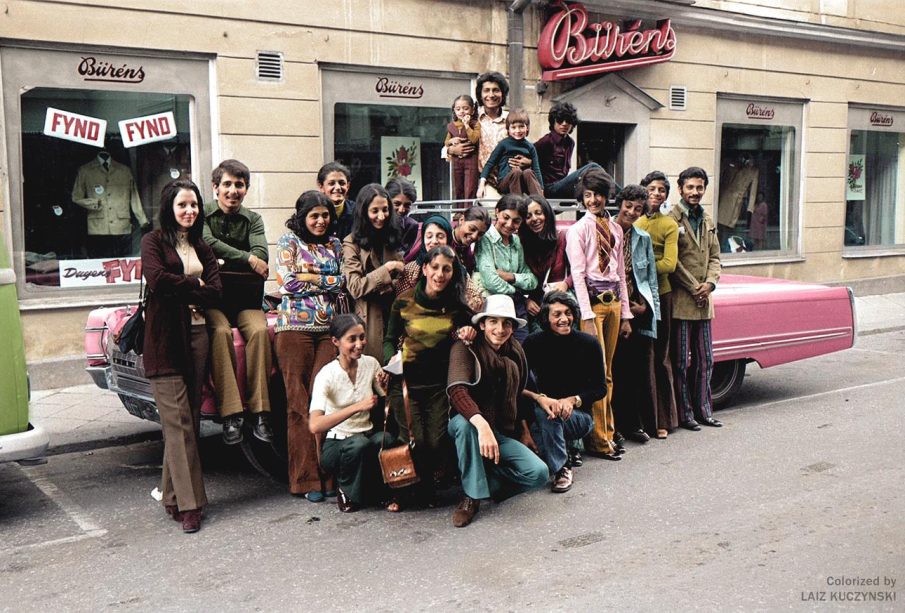Understanding Osama bin Laden and His Impact on Global Security

Introduction
Osama bin Laden remains a significant figure in discussions regarding global terrorism and security. As the mastermind behind the September 11 attacks, his actions and ideologies led to major shifts in international policies and counter-terrorism strategies. Understanding his influence is crucial in grasping the ongoing implications of his legacy on contemporary security dynamics.
Life and Rise to Prominence
Born in Saudi Arabia in 1957 to a wealthy family, bin Laden became involved in various Islamic militant groups during the 1970s. His involvement escalated during the Soviet invasion of Afghanistan, where he gained prominence and support among militant factions. In 1988, he founded al-Qaeda, through which he aimed to promote a radical interpretation of Islam.
The September 11 Attacks
Bin Laden’s notoriety peaked following the September 11, 2001 attacks, which killed nearly 3,000 people in the United States. These events prompted a global crackdown on terrorism, resulting in the U.S.-led invasion of Afghanistan to dismantle al-Qaeda and eliminate its influence. This marked a turning point in international relations and security protocols.
Death and Legacy
On May 2, 2011, U.S. Navy SEALs located and killed bin Laden in a compound in Abbottabad, Pakistan. His death was seen as a significant tactical victory in the fight against terrorism. However, his ideological impact continues to resonate, as various splinter groups have emerged, citing his teachings as a justification for violent actions.
Ongoing Implications
The consequences of bin Laden’s actions are still felt today. Governments worldwide have adapted their counter-terrorism measures, increased surveillance, and focused on intelligence sharing to prevent similar attacks. Furthermore, discussions surrounding civil liberties and national security have been rekindled, showcasing the delicate balance between safety and human rights.
Conclusion
Osama bin Laden’s legacy encapsulates a complex interplay of ideology, conflict, and security. While his death marked the end of an era, the foundational aspects of his beliefs continue to fuel extremist movements globally. Awareness and understanding of his influence remain imperative as nations grapple with the ongoing challenge of terrorism in the modern world.









